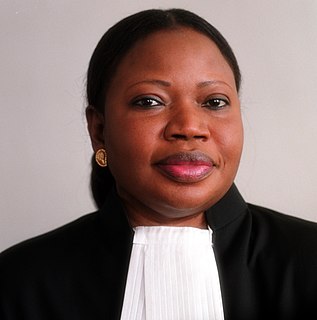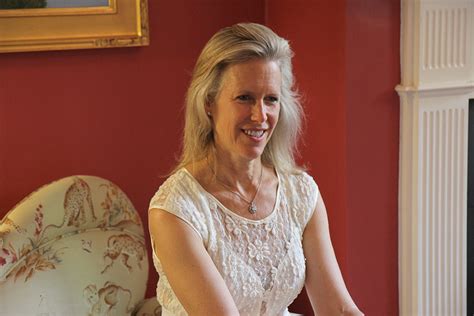A Quote by Emily Thornberry
The Human Rights Act has not just given a voice to victims, but to the families who have to fight for the victim where the victim has died.
Related Quotes
Being a victim doesn't take much. There are built-in excuses for failure. Built-in excuses for being miserable. Built-in excuses for being angry all the time. No reason to trying to be happy; it's not possible. You're a victim. Victim of what? Well, you're a victim of derision. Well, you're a victim of America. You're a victim of America's past, or you're a victim of religion. You're a victim of bigotry, of homophobia, whatever. You're a victim of something. The Democrats got one for you. If you want to be a victim, call 'em up.
In many cases, in order to protect organizations, administrators often move abusers around, discount victim statements, stonewall victims in administrative processes, and/or offer legal settlements with non-disclosure agreements to victims with the express intent of protecting the institution and ridding themselves of the victim.
The Holocaust has proven to be an indispensable ideological weapon. Through its deployment, one of the world's most formidable military powers, with a horrendous human rights record, has cast itself as a "victim" state, and the most successful ethnic group in the US has likewise acquired victim status.
When you're a victim, you automatically have a built-in excuse for failure. When you are a victim, it's always somebody else's fault. When you're a victim, success is not possible. When you are a victim of something, you are acknowledging that you are as far as you're gonna get, and you can't get any further, because there are more powerful forces arrayed against you than the force of yourself against it.
I did not know that the first step in any domestic violence relationship is to seduce and charm the victim. I also did not know that the second step is to isolate the victim. The next step in the domestic violence pattern is to introduce the threat of violence and see how she reacts. We victims know something you [non-victims] usually don't. It's incredibly dangerous to leave an abuser, because the final step in the domestic violence pattern is to 'kill her'. Over 70% of domestic violence murders happens after the victim has ended the relationship.
No, I’m not an American. I’m one of the 22 million black people who are the victims of Americanism. One of the … victims of democracy, nothing but disguised hypocrisy. So, I’m not standing here speaking to you as an American, or a patriot, or a flag-saluter, or a flag-waver - no, not I. I’m speaking as a victim of this American system. And I see America through the eyes of the victim. I don’t see any American dream; I see an American nightmare.
































